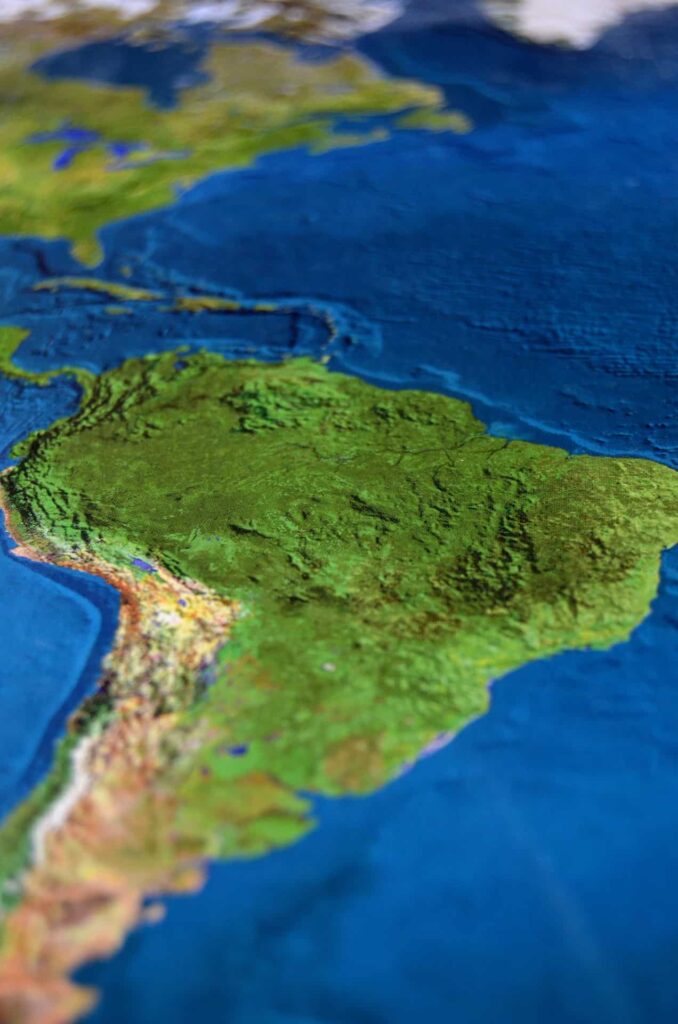

Search Cheap Flights to Famous Destinations
[









Prices for flights in the current month
Musement, Book tickets and experiences all over the world
Search Flights on map
Top Deals from popular airlines
Lowest Price offers of flights


The idea of “world” is a complex and multifaceted concept that has intrigued thinkers from different fields and disciplines throughout history. The diverse interpretations and definitions of the “world” that have emerged over time make it a fascinating topic for exploration.
From a scientific perspective, the “world” includes the vast expanse of space and time that surrounds us, from the known to the unknown parts of the universe. Understanding the physical properties of the world helps scientists gain insights into the mysteries of the universe.
On the other hand, theoretical and philosophical perspectives delve deeper into the meaning of the “world,” exploring how our minds interpret and perceive reality. These viewpoints contemplate the intricate relationships between our thoughts, emotions, and the external world.
Theological and religious perspectives offer unique insights into the spiritual and divine aspects of the “world” that are intertwined with the physical world. They acknowledge that our universe is more than just the sum of its physical components.
Moreover, culture, history, and politics also significantly influence the nuances of the meaning of “world.” These factors impact how we interpret and understand the concept based on our social and cultural backgrounds.
Therefore, studying the concept of “world” entails embracing and exploring it from multiple viewpoints, as no single angle is exhaustive. Only through a multidisciplinary approach to the concept can we gain a more comprehensive and fuller understanding of the topic.




